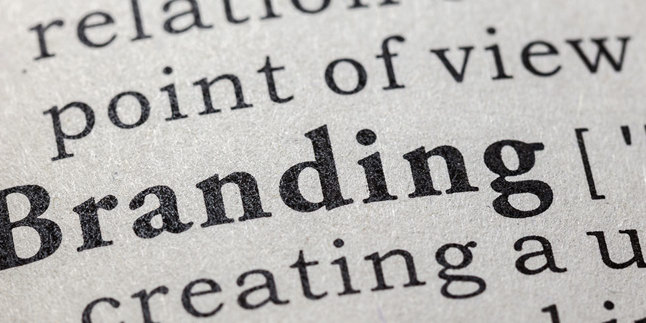Demystifying Equipment Financing for Small Business Owners
Greetings to all the driven entrepreneurs and business owners among us! We're delving into a vital aspect of business operations – equipment financing. We recognize that for countless businesses, regardless of size, investing in essential equipment upfront can pose a substantial financial challenge.
But don't worry! There are alternatives to help you acquire the equipment you need, namely equipment financing and leasing. So, let's dive in and explore these options, shall we?
What is Equipment Financing?
Equipment financing refers to a loan used to purchase business-related equipment, such as machinery, vehicles, computers, or other essential tools. In this type of financing, the equipment itself typically serves as collateral, meaning if the loan isn't repaid, the equipment will be taken as repayment.
The beauty of equipment financing is that it allows businesses to get the equipment they need right away without having to pay the full cost upfront. Instead, you can spread the cost over a period, making it more manageable for your cash flow.
Equipment Leasing: An Alternative to Consider
Equipment leasing is another viable option. Instead of buying, you lease or rent the equipment for a certain period, typically paying a monthly fee. At the end of the lease, you usually have the option to purchase the equipment, return it, or renew the lease.
Leasing can be a particularly attractive option if the equipment you need has a high obsolescence rate, like technology and machinery. It allows you to stay up-to-date without the financial burden of owning and selling outdated equipment.
Which is Right for Your Business?
Deciding between equipment financing and leasing depends on several factors:
- Cost: Consider the total cost of each option, including interest rates for loans or fees for leases.
- Equipment Lifespan: If the equipment is likely to become outdated quickly, leasing may be a better option. If the equipment has a long lifespan, buying might be more cost-effective.
- Cash Flow: Equipment financing might require a down payment, while leasing often doesn't. If your cash flow is tight, leasing could be a better choice.
- Tax Considerations: Both options come with tax considerations. Typically, loan interest can be deducted as a business expense, and you can depreciate the equipment over its useful life. Lease payments, on the other hand, can often be deducted as operating expenses. It's best to consult with a tax professional to understand the implications for your business.
Remember, every business is unique, and what works for one may not work for another. It's essential to assess your business needs, financial situation, and growth plan before deciding.
At American Bank, we're committed to supporting your business every step of the way. Whether you're considering equipment financing or leasing, we can provide the resources and guidance to help you make an informed decision.
Don't let equipment acquisition stand in the way of your business's success. With smart planning and the right financial tools, you can get the equipment you need to run and grow your business effectively.
Tags: Small Business Business Finance Equipment Financing Business Loans
Related Posts

How to Shop for Business Insurance

Elevating Your Small Business with Exceptional Customer Service

Business Preparedness for Southeast Louisiana's Unique Climate

Leveraging Local Resources for Small Businesses in Southeast Louisiana

Understanding Year-End Tax Strategies to Maximize Your Savings

Mastering Break-Even Analysis

Elevating Your Small Business through Employee Investment

Branding for Small Business Success

